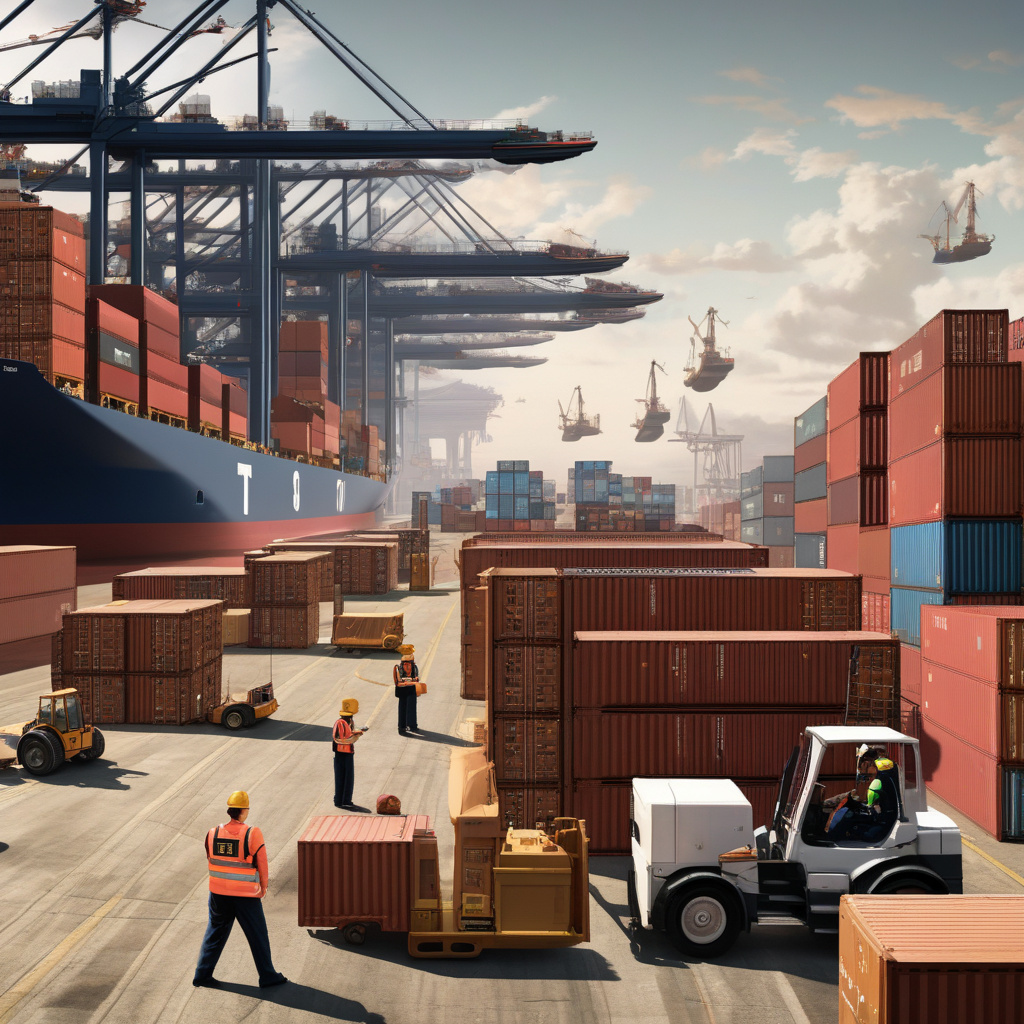Trade Court Won’t Reinstate Tariff Exemption on Low-Value ‘De Minimis’ Shipments, For Now
In a significant development for retailers and e-commerce businesses, a federal appeals court has decided not to reinstate the tariff exemption on low-value shipments, commonly referred to as “de minimis” shipments. This ruling comes as the court prepares to hear oral arguments challenging former President Trump’s “reciprocal” tariffs. The implications of this decision are far-reaching, particularly as businesses navigate the complexities of international trade and the evolving landscape of tariffs.
The de minimis exemption, which allows goods valued at $800 or less to enter the United States without incurring tariffs, has been a critical aspect of cross-border e-commerce. This exemption has facilitated the growth of online shopping, enabling consumers to access products from international retailers at competitive prices. However, the Trump administration’s tariffs on various imported goods sparked a debate over the fairness and sustainability of such exemptions.
The recent ruling by the appeals court not to reinstate the de minimis exemption is a temporary setback for many businesses that rely on this allowance to streamline their operations and reduce costs. With the ongoing court proceedings surrounding the reciprocal tariffs, this decision may indicate a cautious approach by the judiciary as it weighs the complexities of international trade policies against domestic economic interests.
The case challenging the reciprocal tariffs raises critical questions about the legality and impact of such tariffs on American consumers and businesses. Critics argue that these tariffs lead to increased prices for consumers and hinder the competitiveness of American retailers. For instance, a retail company that imports goods to sell online may find itself facing higher costs, which could ultimately be passed on to consumers in the form of increased prices. This situation poses a potential risk to the very fabric of the retail sector, which has been striving to recover from the disruptions caused by the COVID-19 pandemic.
As the appeals court gears up for oral arguments, stakeholders from various sectors are watching closely. Businesses that depend on the de minimis exemption are particularly concerned about the potential repercussions of the court’s final decision. For example, small online retailers that rely on low-value imports to compete with larger companies may find their operations severely impacted if the tariffs remain in place.
Moreover, the implications of this ruling extend beyond just the retail sector. The logistics and shipping industries, which facilitate the movement of goods across borders, also stand to be affected. Increased tariffs could result in longer delivery times and higher shipping costs, as logistics companies adjust their strategies to cope with the added financial burden. This, in turn, could lead to a decline in consumer confidence in online shopping, especially if prices rise significantly.
The broader economic landscape is also at stake. Tariffs can create friction in international trade relations, and the ongoing legal battles over these policies may send mixed signals to trading partners. A strong stance against tariffs may be perceived as a commitment to free trade, which could enhance diplomatic relations with other nations. Conversely, maintaining high tariff barriers may lead to retaliatory measures from trading partners, further complicating the economic environment.
In conclusion, the trade court’s decision not to reinstate the tariff exemption on low-value shipments for the time being highlights the complex interplay between domestic economic policies and international trade. As the federal appeals court prepares to hear oral arguments challenging the reciprocal tariffs, businesses must remain vigilant and adaptable. The outcomes of these legal battles will shape the future landscape of retail and e-commerce, potentially redefining how American consumers access products from around the world.
As we await the court’s next steps, it is essential for stakeholders to engage in discussions about the potential impacts of tariffs, advocate for fair trade practices, and prepare for the possibility of a shifting regulatory environment. The future of retail and international trade may very well depend on the outcomes of these critical legal proceedings.
retail, tariffs, e-commerce, trade, business
